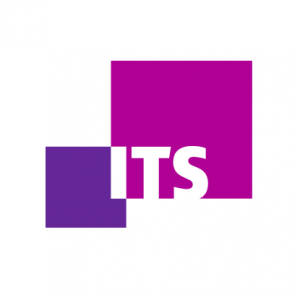Designing Web 2.0 Tools for Online Public Consultation
How certain Web 2.0 tools can strengthen or minimize some aspects of political communication?
categories
theme
Published in English
This book chapter aims at raising public awareness on how the use of certain tools of Web 2.0 can reinforce or mitigate certain aspects of political communication and, consequently, produce different models of democratic communication on the Internet.
Public consultation is a formal mechanism of social participation where government invites citizens to participate in policymaking. Increasingly, public consultations are being held online, where Web 2.0 tools and other information and communication technology (ICT) tools become central to understand the design of virtual spaces for government-citizen interaction. Through the analysis of two case studies from Brazil—the “Gabinete Digital” and the “Marco Civil Regulatório” initiatives— this chapter discusses how online public consultation spaces are designed, using a combination of ICTs. Based on three frameworks of deliberative theory and characteristics of Web 2.0 tools, the aim of our paper is studying what aspects of Web 2.0 tools are useful for online consultation and what democratic environments they might generate when combined.
related content
publications
Brazil’s Internet Bill of Rights: A Closer Look
Different views on the creation and regulation of the Brazil's Internet Bill of Rights for the... Learn More
publications
Brazil’s Internet Bill of Rights: Theory and Practice
Analysis of the debate, creation and implementation of Brazil's Internet Bill of Rights. Learn More
publications
Liability for Damage Caused by Content Produced by Third Parties
How are courts making internet providers liable in light of the Internet Bill of Rights? Learn More

